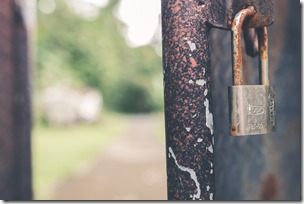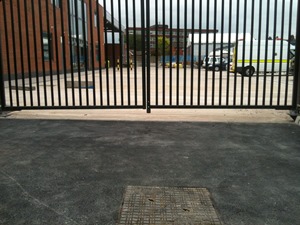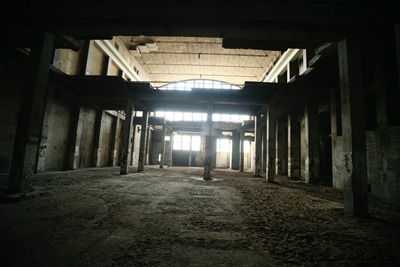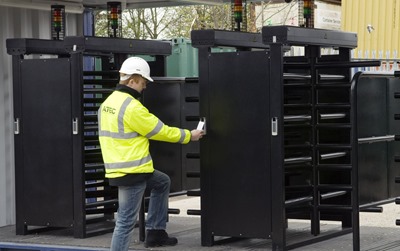 Whilst at university a great many students opt to stay in student accommodation. While many students will stay in flats owned by their universities, a great many will choose the often far greater amenities and luxury of privately let accommodation. However, it is important that students in these accommodations feel safe and secure in their accommodation both in terms of their personal safety and that of their possessions. Here we will look at how access control equipment can help.
Whilst at university a great many students opt to stay in student accommodation. While many students will stay in flats owned by their universities, a great many will choose the often far greater amenities and luxury of privately let accommodation. However, it is important that students in these accommodations feel safe and secure in their accommodation both in terms of their personal safety and that of their possessions. Here we will look at how access control equipment can help.
What is access control equipment?
Access control equipment is a means to allow people to enter and exit a room, building or site and simultaneously prevent unwanted visitors from gaining access. Residents are given access credentials such as codes, keys, fobs, or cards which can be used to permit access.
The benefits of access control equipment in student accommodation
Within the student accommodation environment access control equipment protects students from unauthorized visitors who may risk their personal safety or that of their belongings.
While in the past physical keys were staple for most accommodations, the risk of key duplication means that they are often seen as an outdated form of technology. Access control equipment such as fobs and key cards are much more difficult to duplicate and therefore provide better protection to residents.
For criminals, students often represent somewhat of a cash cow as they tend to own products such as mobile phones, laptops and electrical goods with high re-sell values, so it is important that property owners can limit any potential risk with strong security solutions not only for the students themselves but also for their parents who often have deep-set worries regarding the safety of their children, many of whom are leaving home for the first time. When choosing accommodation for their children, parents factor security very high in their list of priorities.
Another factor that plays into many student accommodation facility managers choosing access control equipment to secure their sites is the control of anti-social behaviour.
Student facilities are often host to late-night parties and other types of social events arranged by residents. While this is to be expected, it can be the cause of alarm and unrest for other residents in the building disturbing their studies and quality of life. Party goers could also cause reckless damage to your property. By restricting access to a building to residents and approved guests, you provide some protection against such behaviour.
Here at Gateway Automation we provide free feasibility surveys to assess your requirements and also provide non-obligation quotes. Click here to arrange a callback or click here to download our free brochure and take a look at our impressive range of access control equipment to help secure student accommodation.










Recent Comments